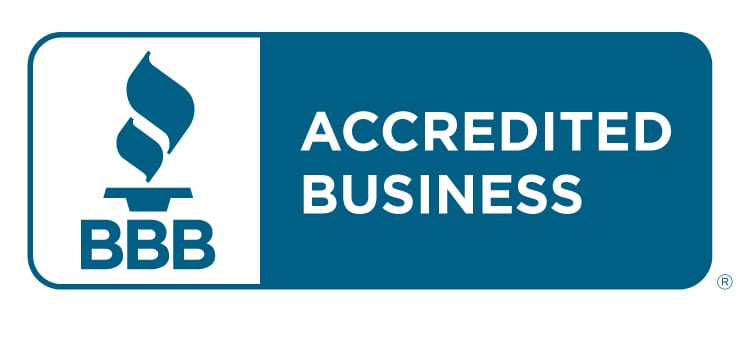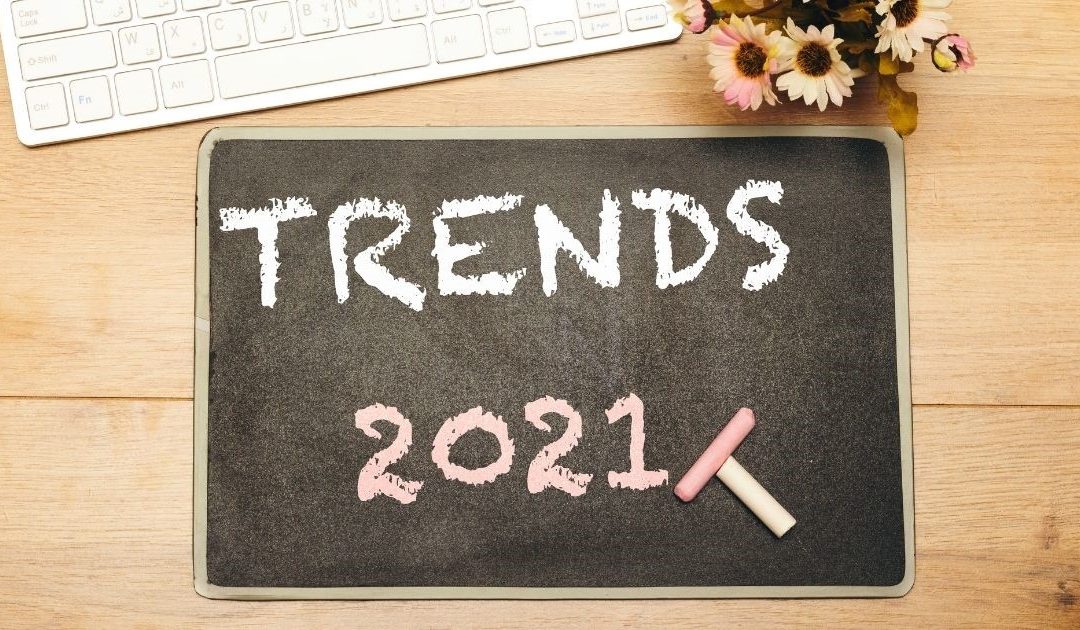
10 Digital Marketing Trends To Watch Out For In 2021
Digital marketing isn’t a new thing these days and most businesses have already shifted to it regardless of the industry that they’re in. Whether you’re selling products or services, you can’t deny the fact that most consumer traffic comes from the online world.
Before, all you need was either a website or a Facebook page, but the digital sphere is evolving so fast that most businesses realized that they need to keep up with the latest digital marketing trends. The pandemic has even made sure of that realization! We saw the booming of food delivery apps, cashless payment systems, online marketplaces, and more.
If you want your business to stay relevant and alive, you need to adapt to the latest digital marketing trends, and here are some of them that you need to watch out for in 2021.
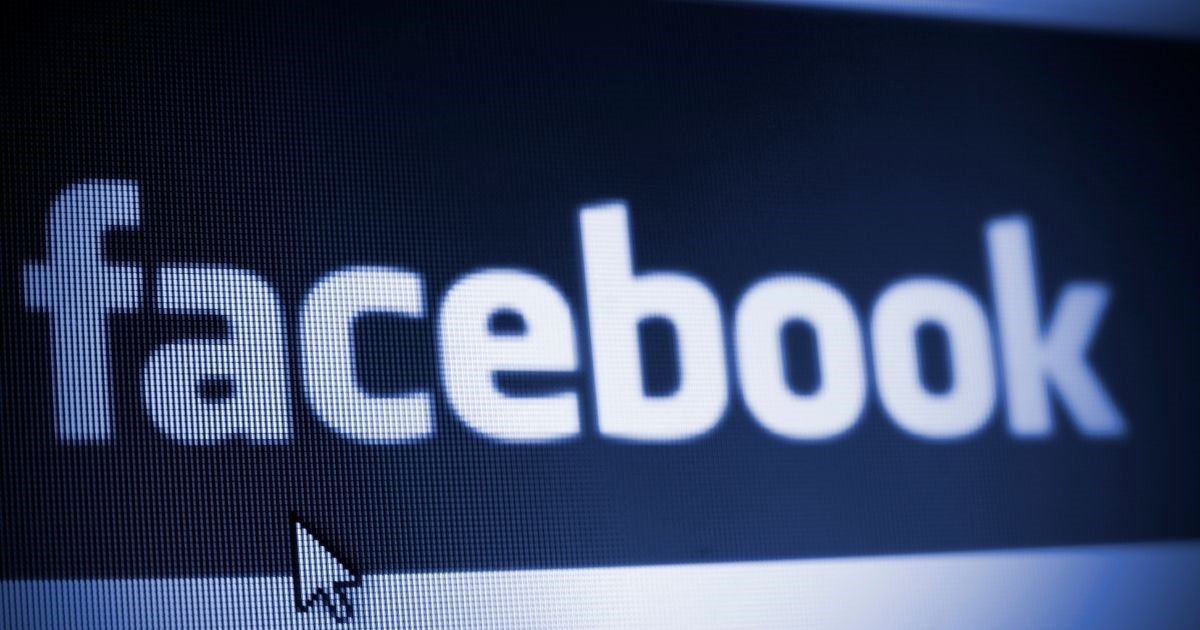
1.Facebook May Not Be The Kingpin Of Social Media Anymore
There’s a lot of rumors going around that Facebook is going to be dead in a few years but not in a way that it will totally shut down. It just means that it might not be the King of social media anymore as years go by, and we’re not talking about the company Facebook Inc. but only the Facebook App.
According to Forbes, 41% of Facebook’s users are above the age of 65 which means that the younger consumers are scattered across different platforms such as TikTok, Snapchat, Instagram, and of course, Youtube. The reason why is that the younger generation are after the interactive experiences that these newer platforms offer.
This is the reason why most marketers spread their social media strategies across different platforms since some campaigns may not be suitable for Facebook. We’re not saying that Facebook is totally going to be irrelevant because it still is and still would be for many years to come.
However, you need to consider other platforms that cater to the younger generation, some of which are even owned by Facebook like Reels and Instagram.

2. Virtual and Augmented Reality
Virtual Reality (VR) and Augmented Reality have been very popular amongst tech brands. But what are these two concepts and what’s the difference between the two?
Virtual Reality is a technology that gives a user a computer-generated (or virtual) experience of a certain environment and also the ability to interact with the elements inside that experience.
Augmented reality is pretty much the same but the key difference is that Augmented reality uses real-world elements that are computer-enhanced and then projects it to the user.
A perfect example of AR being used in digital marketing is the Ikea app that gives users the ability to visualize a piece of furniture on how it would look like in their homes before they purchase it.
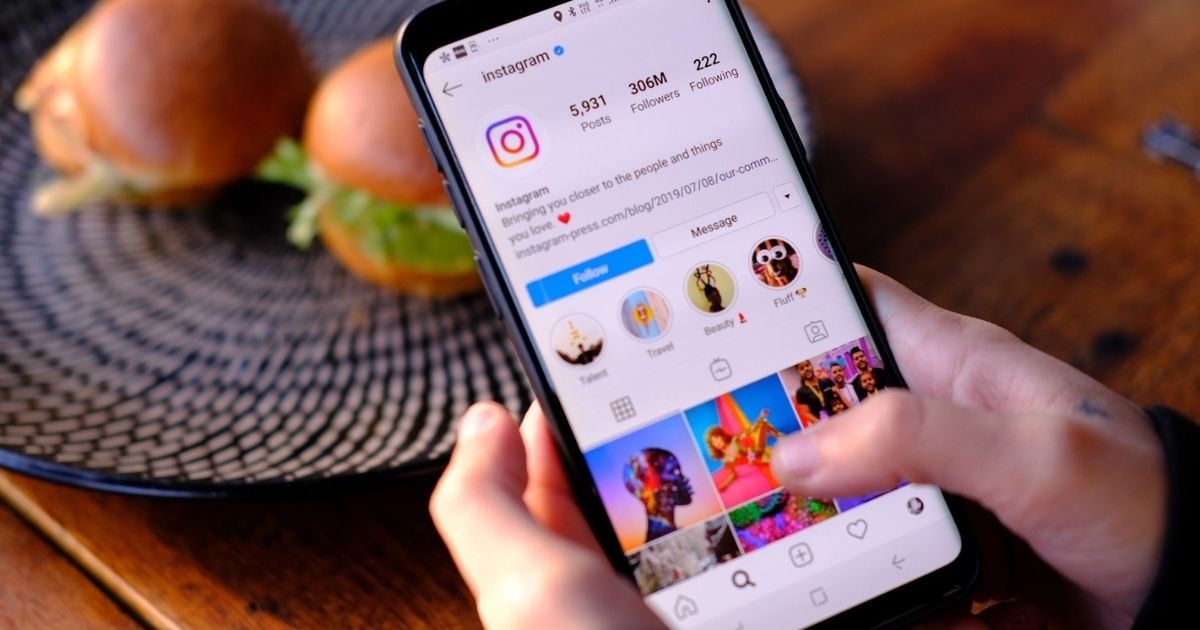
3. Instagram Will Continue To Dominate
We all know that this visual platform has been on the rise a few years back. However, it’s going to keep on attracting more and more users now that ephemeral content is the new trend.
Instagram stories are what you call ephemeral content where viewers can only access them for a limited time. The logic behind this strategy is that it plays with users’ “Fear of Missing Out” or FOMO so they are forced to interact with a specific piece of content before it expires.
Before the Facebook takeover, Instagram was made for people to capture moments in real time and for them to share photos and videos with one another. But lately, a lot of users have used the platform to showcase their photography skills and other works of art, which is why it’s very popular amongst the younger generation (millennials).The demographic for this platform covers people who are between the ages of 25-35.
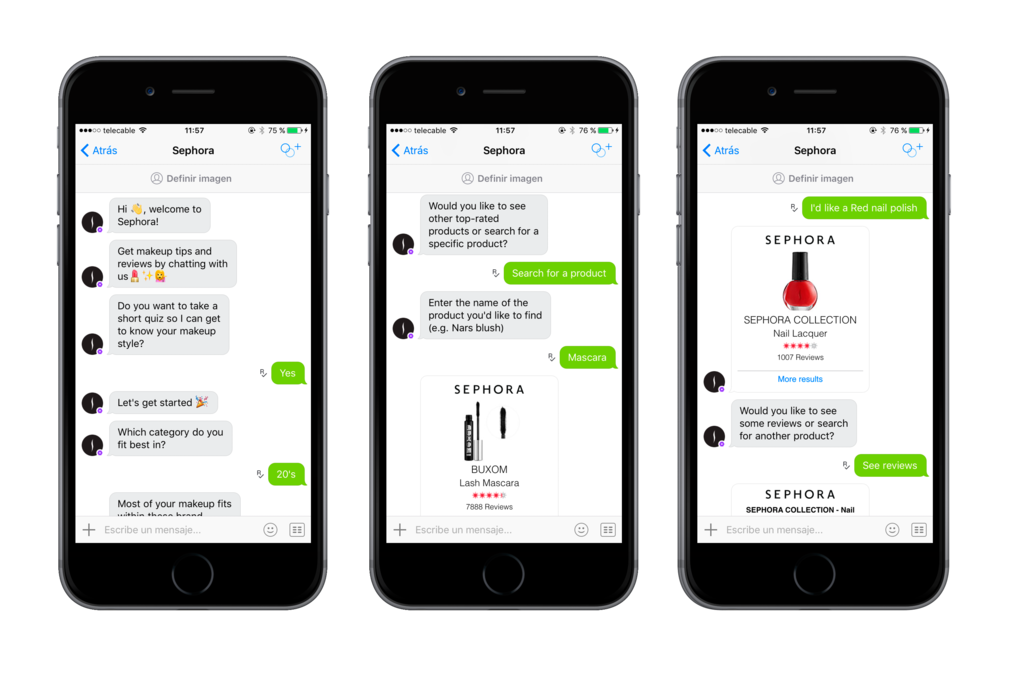
4. Chatbots Will Take Over Customer Service
Gone are the days of human-to-human interaction on social media because Chatbots will soon take over the world of customer service. Chatbots are artificial intelligence software that helps in assisting customers to get what they want during a transaction, whether it’s an inquiry, a purchase, or a complaint.
Chatbots have a set of pre-installed interactions where users can choose from depending on the purpose of their transaction. They are very cost-efficient because it cuts down redundant tasks such as answering questions and sending announcements.
This means that the tasks left will now be handled by your human resources if needed.
A lot of businesses are going to adopt this technology soon because it has lots of benefits. Here are some examples:
- 24/7 assistance
- Fast response
- No holidays and time-offs compared to human customer service representatives
However, it’s not going to be a total takeover because there will still be humans behind these chatbots for maintenance purposes. Also, if there are some issues that the chatbot cannot resolve, then that would be the time for a human customer service representative to take over.

5. Shoppable Posts
Social media used to be a form of digital marketing that allows users to connect with businesses on a more personal level. But as the years passed, convenience was the main reason why people opt to purchase goods and services on Facebook, Instagram, Twitter, Pinterest, and etc. Social media is the “modern-day Google” because people spend lots of hours on it daily and look for different things on it.
This is a great opportunity for businesses to start selling their products and services on social media. It shortens the buying process for the consumers since you don’t have to create complicated funnels where the users are taken to various websites before they make a purchase.
According to a survey, more than 4,000 Pinterest users say that 70% of people use Pinterest to search for new products and about 130 million Instagram users tap on shopping posts on a monthly basis.
What’s great about Instagram is it also has this new feature where you don’t have to leave the platform and make the purchase on the app itself.

6. More Personalized Email Marketing Strategies
Some say that email is an ancient form of marketing but that’s where they’re wrong. Email is still being used for tons of purposes whether it’s business, personal, or academic.
This means that email won’t be going away anytime soon and it’s up to marketers to find creative ways on how to leverage it. Generic or spammy emails are long gone and personalized email marketing is the new thing. You can use tools that help automate your strategy but the delivery should be personalized that the customers find it hard to distinguish.
Businesses need to make every customer feel that they’re not just receiving a “send to all” email. A great example would be a certain customer searching for a product on the website and then it triggers an automated but personalized email that follows up on that search.

7. Interactive Content Is On The Rise
Interactive content are types of content that makes the potential buyer swipe, comment, or click with the post itself. Some good examples are quizzes, polls, Augmented/virtual reality, Instagram stories, vlogs, surveys, games, and more.
Marketers should do more than just post a photo and then encourage people to buy their products. There’s so much competition in the digital marketing world that you really need to stand out. The purpose of interactive content is to catch the customer’s attention and to keep them hooked before you make your offer, Today’s marketing is more on offering consumers an immersive experience.

8. Voice Search Marketing
Technology is an ever-changing field and one of the most recent advancements in the past few years have been voice activated smart devices. Siri, Google, and Alexa are widely used by lots of consumers to search for products and services online.
This means that marketers must find a way to optimize their websites, product listings, and other forms of content so it will easily be searched by voice search.
However, there’s a big difference between the traditional online search and voice search because consumers use different keywords when they search through voice. Marketers should target specific keywords that will help them become visible through voice search.

9. Messaging App Marketing
We all use messaging apps to connect with friends and family members but it can’t be denied that these platforms are a good way to market products and services. According to data, there are 1.3 billion active users per month on Facebook Messenger and 1.6 billion active monthly users on WhatsApp.
This is the reason why apps such as Facebook Messenger and WhatsApp have started to roll out ads within their platform. Sure, social media and email marketing are still a go-to for most businesses but instant messaging apps are also catching up.
In fact, there’s 10 to 80 times more engagement on Facebook Messenger compared to organic posts on its news feed. What messaging apps do is they let companies reach a broader audience with less complicated marketing ads.
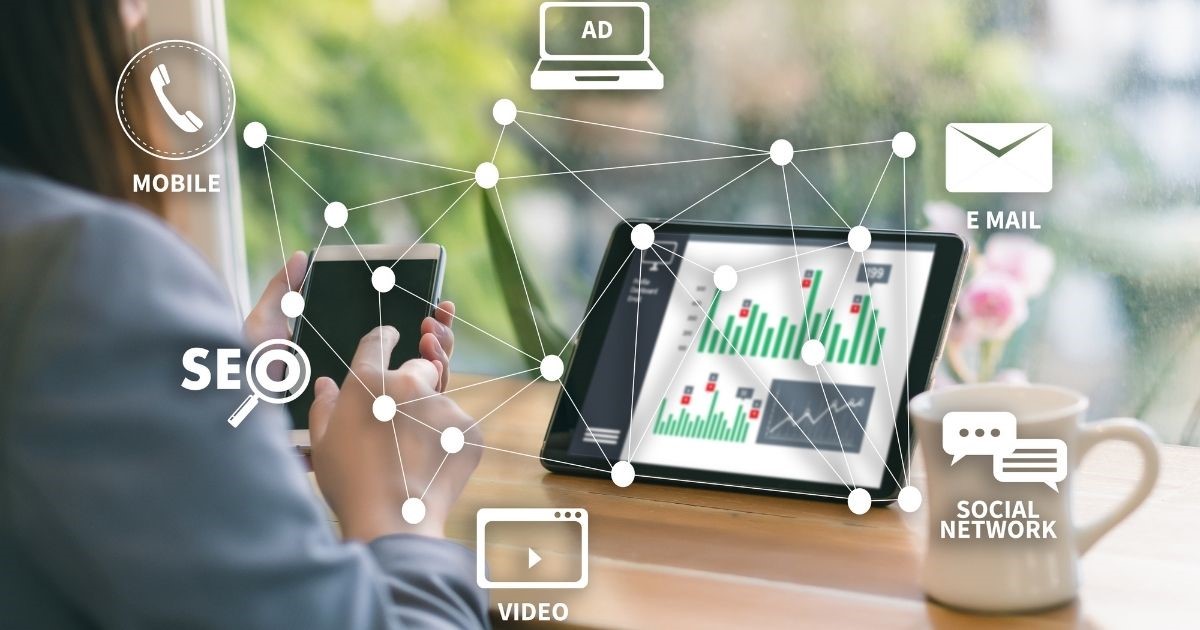
10. Omnichannel Marketing Is Must!
What is omnichannel marketing? If you aren’t familiar with the term, it’s a type of marketing strategy that uses multiple platforms. This means that your marketing campaign isn’t only focused on one platform but it’s spread out through email, messaging apps, social media, and your website. Customers will be more familiar with your brand since they interact with you multiple times a day regardless of the platform they use.
However, you need to be very careful with your message because some customers might see it as spam. You need to be consistent and cohesive with your message but also tailor it according to the platform that you use.
For example, if you’re running a Christmas campaign, you can run a contest on Instagram, create a video ad on Facebook, and then do a Podcast on Youtube. The strategies might be different but it will work if you can connect them together.
Adapt or Get Left Behind
Darwin’s theory of evolution proves to be true not only for living organisms but also for business entities. The marketing world is an ever-changing landscape and those that do not adapt new trends and practices will get left behind and eventually die.
You don’t need to implement all of these practices but just pick one that best suits your budget and your business. The world is not entering an era where the consumers are becoming more tech-savvy so your marketing campaigns should be advanced too.
So which ones are you going to try out first?


